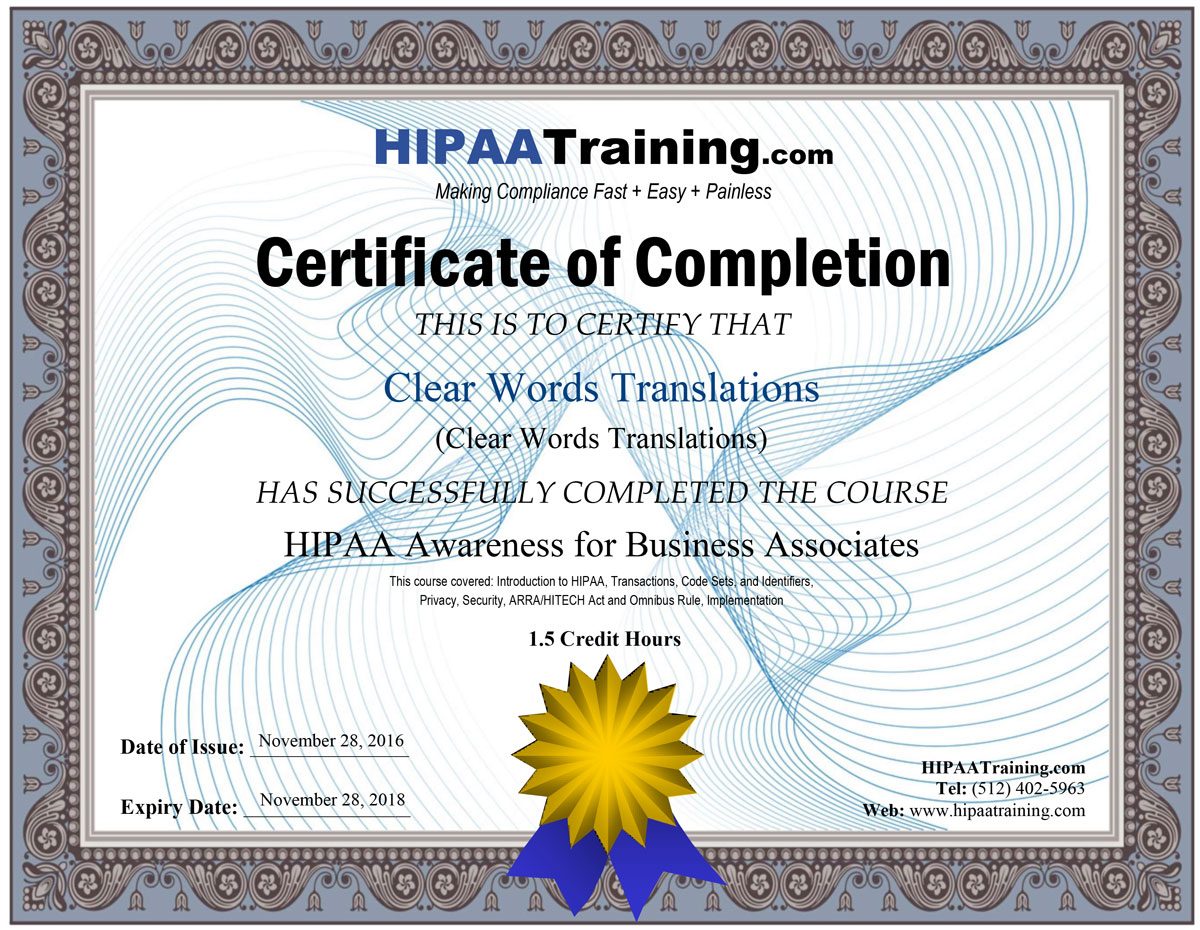Top 5 Tips to Speed up Your Translation and Localization Projects
CLEAR WORDS
TRANSLATIONS
All News
سبتمبر 11, 2019 |
Top 5 Tips to Speed up Your Translation and Localization Projects
Translation and localization projects don’t happen overnight. The more complex your website, the more time translators and localization experts need to put things together. If you want to speed up your translation and localization projects, it helps to get as involved in the process as possible.
Communication and collaboration are key elements that will help you meet deadlines and ensure high-quality translations. If you give your translators all the information they need and keep communication channels open, you’ll get better results.
The translated version of your website, app, videogame, or software will be ready faster and with lower costs. Check out our top five tips that can help speed up your translation and localization projects.
1. Provide Guidelines and Examples
Even the most experienced translators and localization experts need guidance from their clients, especially when their work has to reflect a brand’s unique voice. All relevant information that you share with your language service providers can reduce the time spent on research or writing emails that ask for further details.
Don’t be afraid to share your knowledge and industry insights with your translation team either. Let them know about any interaction you’ve already had with the target audience, even if things didn’t end up very well!
Give relevant examples and don’t spare any details. If you want things done in a specific way, make sure you communicate that from day one. That way, you eliminate the risk of receiving something far from your expectations. This sort of situation slows down translation and localization projects, adding up costs and frictions inside the team.
Moreover, it helps when clients have a clear idea about the project and what they want to achieve at every step of the project. If your objectives change from one week to another, translators won’t be able to keep up. It usually leads to missed deadlines and poor quality of translations.
2. Make Sure Translators Receive the Right Content
Even the most efficient translators can’t provide fast turnarounds if they are continuously asked for edits and rewrites. If you deliver old versions of your content or pieces that aren’t even meant to be translated, the only thing you’ll achieve is higher bills.
Before starting a translation process, conduct an inventory of your content and identify the pieces that need to be translated. Then put everything in one place. Not only will this approach help you speed up your translation and localization projects, but it will also help you develop your international content strategy.
While choosing the pieces for translation, also make sure the content is easy to read and understand by foreign audiences. Translators work a lot faster with texts that use clear words and don’t leave room for interpretation.
A rewrite of your original content could also accelerate the translation process. That’s because you eliminate passive voice, long phrases, and any examples that are relevant only to your national market.
While you’re at it, you might want to double-check for grammar and punctuation. Translators are native speakers of the target language (rarely the original), so they can spend significant hours struggling to understand poorly written texts.
3. Create an Exhaustive Glossary of Terms
Nothing speeds up the translation process like a glossary of terms. Together with a good translation memory, this can make a significant difference in the quality of your translations, as well as faster turnarounds.
Furthermore, the glossary of terms can have a significant ROI if you plan to expand your business and contract more translations in the future.
To speed up the process, make sure you do your part and give translators access to all the information about your product. That includes explaining technical details and company-specific lingo that could create confusion among outsiders.
Accuracy is vital in this phase of the translation project. If you don’t nail the correct use of each term and concept, translators will work in these errors. It may take weeks before someone becomes aware of the misunderstanding and your translation team will have to work extra to fix the mistakes.
So, to speed up the overall translation process, you need to give translators the time necessary to create an impeccable glossary of terms.
4. Collaborate and Communicate
Many clients pass their projects to translators and then close all communication with the team. This approach influences the quality of your translations, and it could have significant effects on deadlines.
When translators have to do everything alone, they’ll dedicate more time to research and may run more tests before sending you the first draft.
Cooperation between translators and their clients speeds up translation and localization projects. Show some willingness to answer additional questions. It helps translators to work faster and deliver better results from the first attempt. It also means waiting less time for the first draft.
Regular communication with your team is the safest path to getting translations on time. That’s because translators get all the background information they need. Details regarding competitors and the target audience, for example, are essential for delivering an excellent localized product.
5. Be Reasonable with Deadlines to Speed up Translation and Localization Projects
Deadlines are the leading cause of workplace stress, so by being reasonable, you’ll help your translators work better (and faster).
CAT tools have changed the way translators work, making them more productive. However, they still need time to go through the original content, understand its nuances, and then put the right words in the right places.
After translating, translators also read the new version several times to make sure it has the exact meaning of the original. If tight deadlines stress them out, they can’t stay focused.
When carrying out creative tasks, stress is the last thing most people need. Every phase of the translation and localization project will take more time than it should, with negative effects on your bottom line.
Final Thoughts
Translation and localization are complex projects that require reasonable amounts of time. However, you can speed up the process if you are clear on your requests and supportive of your team.
The more you collaborate and communicate, the higher your chances of getting your projects completed on time–or even ahead of the time set.










